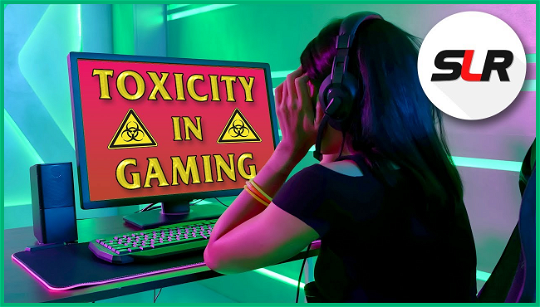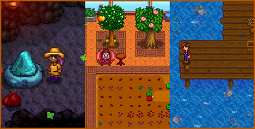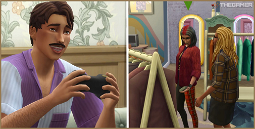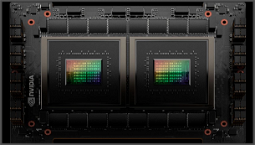A study into the toxicity of the gaming community
It’s hard not to feel sick when you dive into the gaming community. Whether you’re an adult who plays games or a parent trying to help their child find a hobby that will last a lifetime, there’s a sense that the “grown-ups” in the gaming space let the hobby down. It’s easy to get caught up in the internet outrage cycle, and the gaming community’s negativity is overwhelming.
I’ve been playing games my whole life, and there’s no denying that they’ve been a positive influence on my life. I wouldn’t be the person I am today without them. But there’s a lot that’s not good about gaming, too. As an adult, I’ve tried to balance criticism with celebration to maintain a healthy (ish) gaming community, but it’s difficult not to let nostalgia cloud your judgment.
In a study of the gaming community’s toxicity, it’s clear that the community focuses more on the negative aspects of gaming. Unhappy players are more likely to share their complaints in the hopes that the developers will improve their games, but happy players don’t usually share their positive experiences to platforms like Reddit.
It’s easy to see how this leads to a skewed perception of the overall state of gaming. Some users believe that there is an identity aspect to being the “angry about video games” person. This is someone who plays a lot of games, is impossible to please, and will find faults even when there are none. To some, these people are an important part of the community. They’re the people who hold the developers to account and force them to up their game. It’s good to have these people, right?
Other users, however, encourage sharing positive experiences to break the cycle of negativity. The internet affects our mental health, and social media is no exception due to the overwhelming negativity. A community manager for a popular game said that for every one complainer, there are ten satisfied players, but you’d never know that from the internet.
The internet isn’t the best place to form opinions. It amplifies negativity and can leave newcomers with a bad taste in their mouth. It often seems like the loudest voices are the only ones we hear, but that’s not always the case. Some users do share positive experiences, offer recommendations, or report bugs to developers. But complaints often revolve around trivial issues and can be overly critical.
The use of abbreviations without context can also create confusion and hinder communication. Take this example: “I can’t do a dbl b at the start of this level,” without further explanation is a complaint about a level design that doesn’t allow double backflips. However, if the abbreviation was “dbs” it could be a complaint about server connectivity.
It’s crucial to be clear and considerate when sharing information to ensure understanding. It’s easy to get caught up in the negativity and forget that it’s just a game. Gaming should be fun, and we all need to find joy in it as an adult. It’s important not to let nostalgia cloud your judgment, too.
Take a step back and look at the big picture. Balancing criticism with celebration is necessary to maintain a healthy gaming community, and it’s important to use online platforms to learn and form one’s own opinions, rather than seeking validation or opinions from others.















